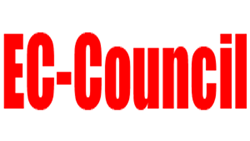
This course comprises sessions dealing with variables, expressions, conditional statements, collections, iterative statements, functions, objects, compilation and execution and best practices.
This hands-on course does not concentrate on any one language. It helps students familiarise with standard programming terminology, structures and principles. Examples are given in one language – Java and students shall carry out the practical exercises using this language.
Exercises and examples are used throughout the course to give practical hands-on experience with the techniques covered.

Substantial prior experience with HTML, CSS and JavaScript. This knowledge can be obtained by attendance on the pre-requisite HTML & CSS and JavaScript courses.
The Angular Development course focuses on using modern Angular to develop Single-Page Applications (SPAs). This course teaches the use of Angular directives and expressions in HTML5 documents and the writing of Angular components and services to build complete SPAs.
This course covers Angular from Version 2 upwards, delivered using the latest version. TypeScript is used as the primary language and Microsoft Visual Studio Code together with Google Chrome as the development environment.

Students attending this course should have some previous programming experience and be able to define general programming concepts including compilation, execution, variables, arrays, sequence, selection, iteration, functions, objects, and classes.
The JavaScript course comprises of sessions dealing with embedding a script in a web page, variables and expressions, conditions and loops, functions, objects, arrays, errors and debugging, the DOM, event handling, the BOM, and AJAX.
The student will learn how to add dynamic and interactive behaviour to their web pages.

Attendance on the pre-requisite HTML & CSS and JavaScript courses.
The React course comprises sessions dealing with setting up for and creating a React app, JSX and element rendering, components and props, state and lifecycle, hooks, event handling, lists and keys, forms, composition and inheritance, React Router, Flux, and Redux. React Native is not covered on this course.
Exercises and examples are used throughout the course to give practical hands-on experience with the techniques covered.

Before learning android development, one should have basic knowledge of programming. One should be able to understand what variables, methods, functions are in any programming language and how to use them. He should also have knowledge on different data structures used in any programming languages such as Arrays, Stacks, Queues and others.
This course gives the student hands on experience as one build reals Android apps using industry best practices, with modern app architecture. The student will learn to use Android Jetpack components such as Room for databases, Work Manager for background processing, the new Navigation component, and more.
The student will use key Kotlin features to write app code more quickly and concisely.

Before learning android development, one should have basic knowledge of programming. One should be able to understand what variables, methods, functions are in any programming language and how to use them.
This course gives the student hands on experience in Swift programming language, using Xcode to manage iOS projects and create adaptive iOS user interfaces and explore the fundamental principles, software patterns and techniques one need in coming up with any iOS app.

Students should have a basic understanding of programming in an object-oriented language such as Java, Python, Ruby, C#, etc. Students should understand the concepts of classes, attributes and operations. This knowledge can be obtained by attendance on the pre-requisite Introduction to Programming course
This course aims to provide the students with the skills needed to build and or maintain Java applications that exploit Java advanced features. It helps students in building enterprise level applications using Java EE and Spring Framework.
The student will use key Kotlin features to write app code more quickly and concisely.

Students attending this course should have some previous programming experience and be able to define general programming concepts including compilation, execution, variables, arrays, sequence, selection and iteration, navigate the filesystem (on the command line ideally), edit and save text files and browse the web.
The C# Developer course comprises of sessions dealing with C# applications, variables and operators, decision and loop constructs, arrays, enums, methods, objects, classes, structs, students, events, object-oriented principles, exception handling, file IO, LINQ.







